Kill the EU
Just die already
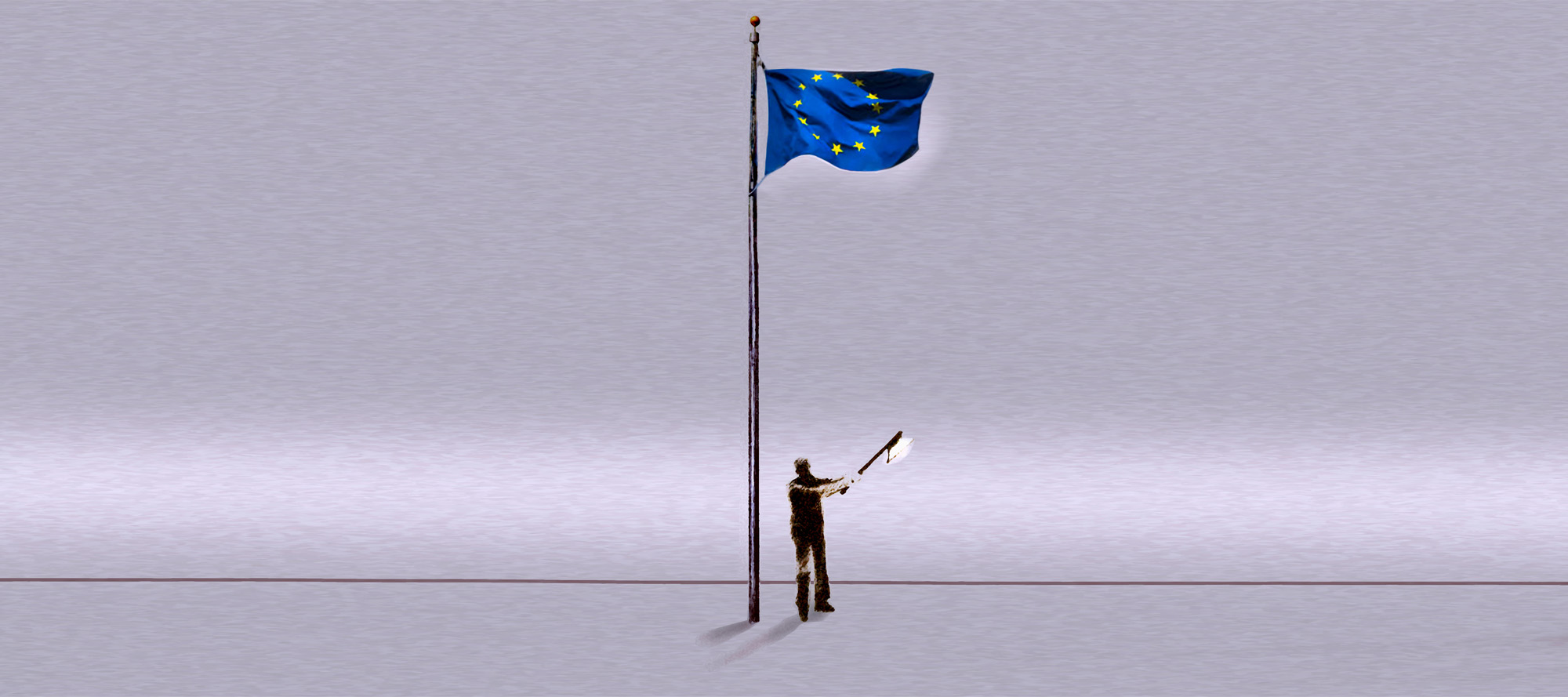

The results from the first round of France's presidential election are likely to be over-interpreted as a reprieve for the European Union. The pro-Europe candidate Emmanuel Macron won nearly one-fourth of the vote, with the anti-EU Marine Le Pen nipping at his heels. Macron is now the favorite to beat the far-right Le Pen in the run-off, as establishment political actors and institutions are sure to coalesce around the banker and ex-socialist to topple Le Pen and rebuff her promises of a Frexit.
And so, the increasingly internationalist political class breathes a sigh of relief. Finally, after populist uprisings in Britain and America, the great political project of our time has been vindicated.
I will concede that the ugliness, distemper, and pure blinding amateurism of nationalist and euroskeptic movements can be alarming. But for all of that, they are right. The European Union has to die. And the sooner it goes away, the better for everyone.
Subscribe to The Week
Escape your echo chamber. Get the facts behind the news, plus analysis from multiple perspectives.

Sign up for The Week's Free Newsletters
From our morning news briefing to a weekly Good News Newsletter, get the best of The Week delivered directly to your inbox.
From our morning news briefing to a weekly Good News Newsletter, get the best of The Week delivered directly to your inbox.
Europe's post-war peace has been guaranteed by the hegemony of the last World War's winners, not the institutions of the European Union itself. And at this point, EU institutions are obviously the cause of enflamed nationalism, not the remedy for it.
Nationalism is a persistent feature in the political landscape, but it usually lies dormant. Nationalist political movements come to life in the presence of an irritant or an achievable ambition. The European Union acts as a major irritant to nationalism in two ways.
Number one: A multinational governing project is bound to override the wishes of individual nations, especially less powerful ones. The post-financial-crisis governance of the European Union revealed that the government in Brussels had not dissolved realpolitik. If the choice was between the interests of German bondholders and Greek or Irish debtors, the dispute would always be resolved in favor of Germany. Elect a recalcitrant and rebellious government in Athens if you like; it doesn't matter. The real bosses are in Brussels.
The European Union's structure, in which most decisions are made by the European Commission, is undemocratic. The commission is not elected, and sometimes the leaders selected to it, like England's Neil Kinnock, are politicians who have just lost an election. Similarly, Poland's Donald Tusk ascended to be president of the European Council just before Poland tossed his Civic Platform party out of government at home.
The European project irritates and insults the democratic aspirations of individual nations in other ways, too. Making individual nation states vote repeatedly until they give the "correct" answer on an EU treaty is an obvious instance. But there are others. To protect itself, the pro-EU political class absconds major issues into its "opinion corridor" or "consensus." It simply forbids democratic sentiment to impinge on the freer movement of people into and through the EU.
The second way that the EU enflames nationalism is more subtle. The EU creates the conditions whereby nationalist movements can free-ride on the structures created by multinationalism. By providing the semblance of a defense policy, along with a battery of trade policies and its own central bank, the EU makes it easier for secessionist movements to imagine a future for themselves. Catalan, Flemish, and Scottish nationalists would have a much harder time convincing their regions of the feasibility of a breakaway if America wasn't providing for Europe's security at the continental level, and the EU wasn't making the monetary policy decisions anyway.
We should ask if these assertions of nationalist identity don't trigger others. Is it not a coincidence that a defiantly English-led Brexit won so quickly after a referendum on a Scottish exit from the United Kingdom?
Now that one nation has invoked Article 50, it seems likelier that another one, somewhere in the heart of the continent, will do the same. It may not be France this time. But it could be Italy, or Spain, in the future. Whenever an economic cycle goes into bust and the costs are concentrated in one nation, the reluctance of Germany or other high-performing nations to bail it out will bring euroskepticism to a boil again. Even those who are celebrating Macron's likely victory are doing so only because he blocks Le Pen. Nobody seems to have faith that he can resolve the social tensions in France, or make the economy work as well for those on the "peripherique" in France.
Dismantling the EU will have major economic costs. Unwinding a bad investment is always painful. But it will not cost Europeans everything that they like about the present. The "Europe of Nations" that Marine Le Pen dreams of can still be a Europe with liberal travel arrangements. The Erasmus program that is so beloved manages to reach beyond the strict limits of the European Union as well. The growth in social tolerance and liberality in Europe is a pan-Western phenomenon, led by the culture of the United States.
Prolonging the EU's life would require greater and greater interventions against the democratic publics in larger and more central nations of the union. A peaceful dissolution soon is better than the conflict that these EU-preserving interventions would call forth.
Sign up for Today's Best Articles in your inbox
A free daily email with the biggest news stories of the day – and the best features from TheWeek.com
Michael Brendan Dougherty is senior correspondent at TheWeek.com. He is the founder and editor of The Slurve, a newsletter about baseball. His work has appeared in The New York Times Magazine, ESPN Magazine, Slate and The American Conservative.
-
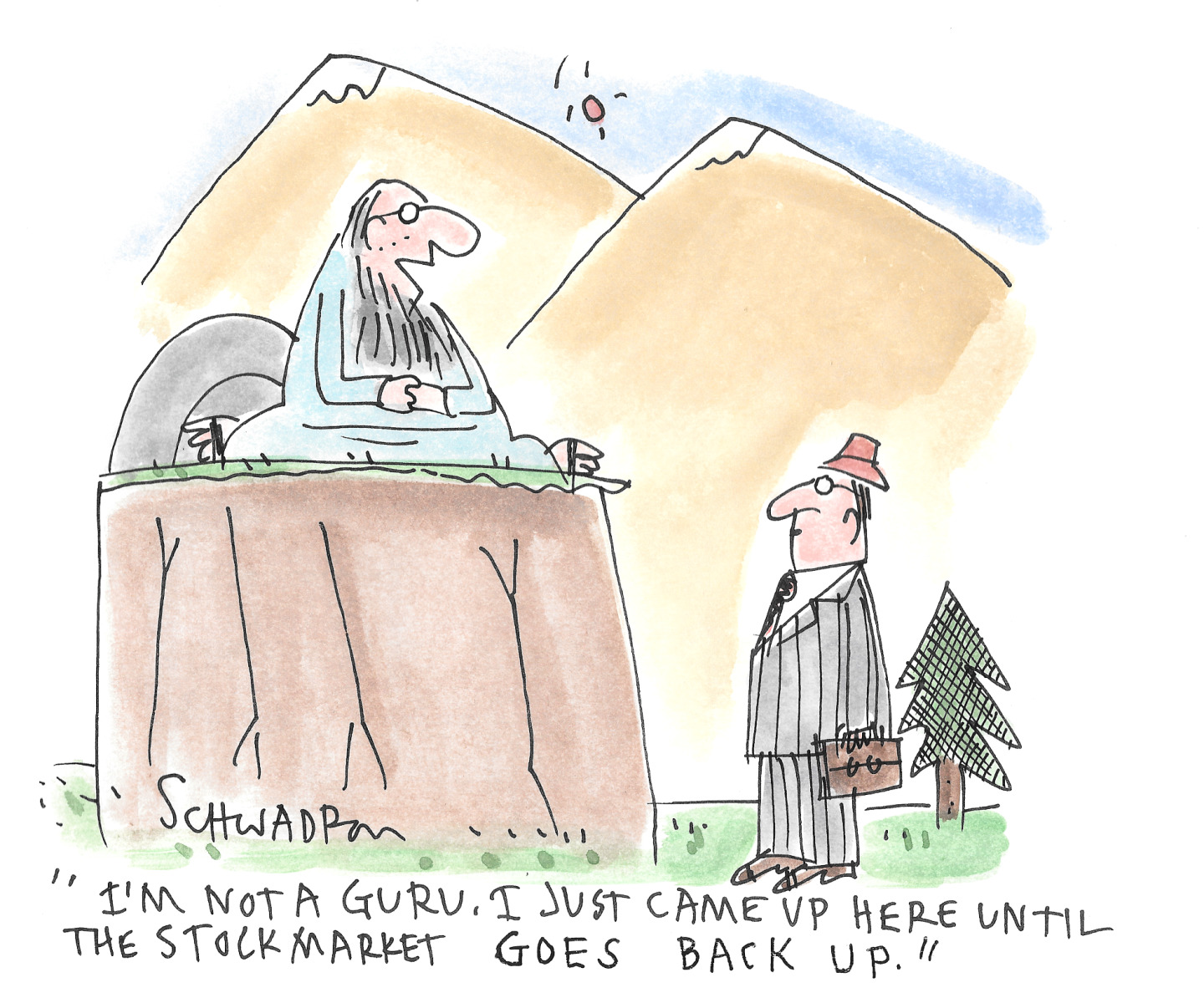 Today's political cartoons - April 13, 2025
Today's political cartoons - April 13, 2025Cartoons Sunday's cartoons - waiting it out, hiring freeze, and more
By The Week US Published
-
 5 cracking cartoons about broken nest eggs
5 cracking cartoons about broken nest eggsCartoons Artists take on plummeting value, sound advice, and more
By The Week US Published
-
 Mental health: a case of overdiagnosis?
Mental health: a case of overdiagnosis?Talking Point
By The Week UK Published
-
 Inside the Israel-Turkey geopolitical dance across Syria
Inside the Israel-Turkey geopolitical dance across SyriaTHE EXPLAINER As Syria struggles in the wake of the Assad regime's collapse, its neighbors are carefully coordinating to avoid potential military confrontations
By Rafi Schwartz, The Week US Published
-
 'Like a sound from hell': Serbia and sonic weapons
'Like a sound from hell': Serbia and sonic weaponsThe Explainer Half a million people sign petition alleging Serbian police used an illegal 'sound cannon' to disrupt anti-government protests
By Abby Wilson Published
-
 The arrest of the Philippines' former president leaves the country's drug war in disarray
The arrest of the Philippines' former president leaves the country's drug war in disarrayIn the Spotlight Rodrigo Duterte was arrested by the ICC earlier this month
By Justin Klawans, The Week US Published
-
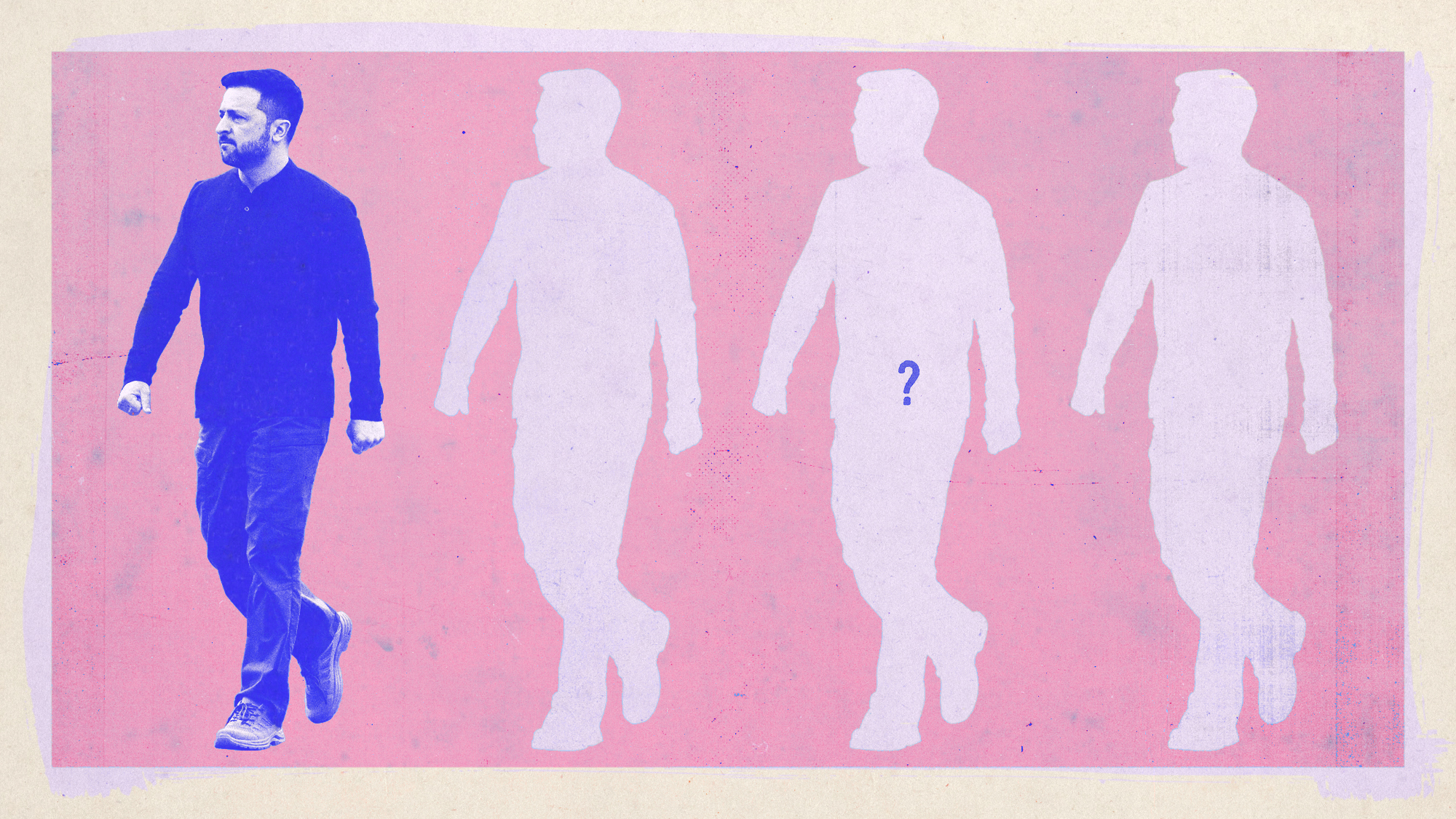 Ukrainian election: who could replace Zelenskyy?
Ukrainian election: who could replace Zelenskyy?The Explainer Donald Trump's 'dictator' jibe raises pressure on Ukraine to the polls while the country is under martial law
By Sorcha Bradley, The Week UK Published
-
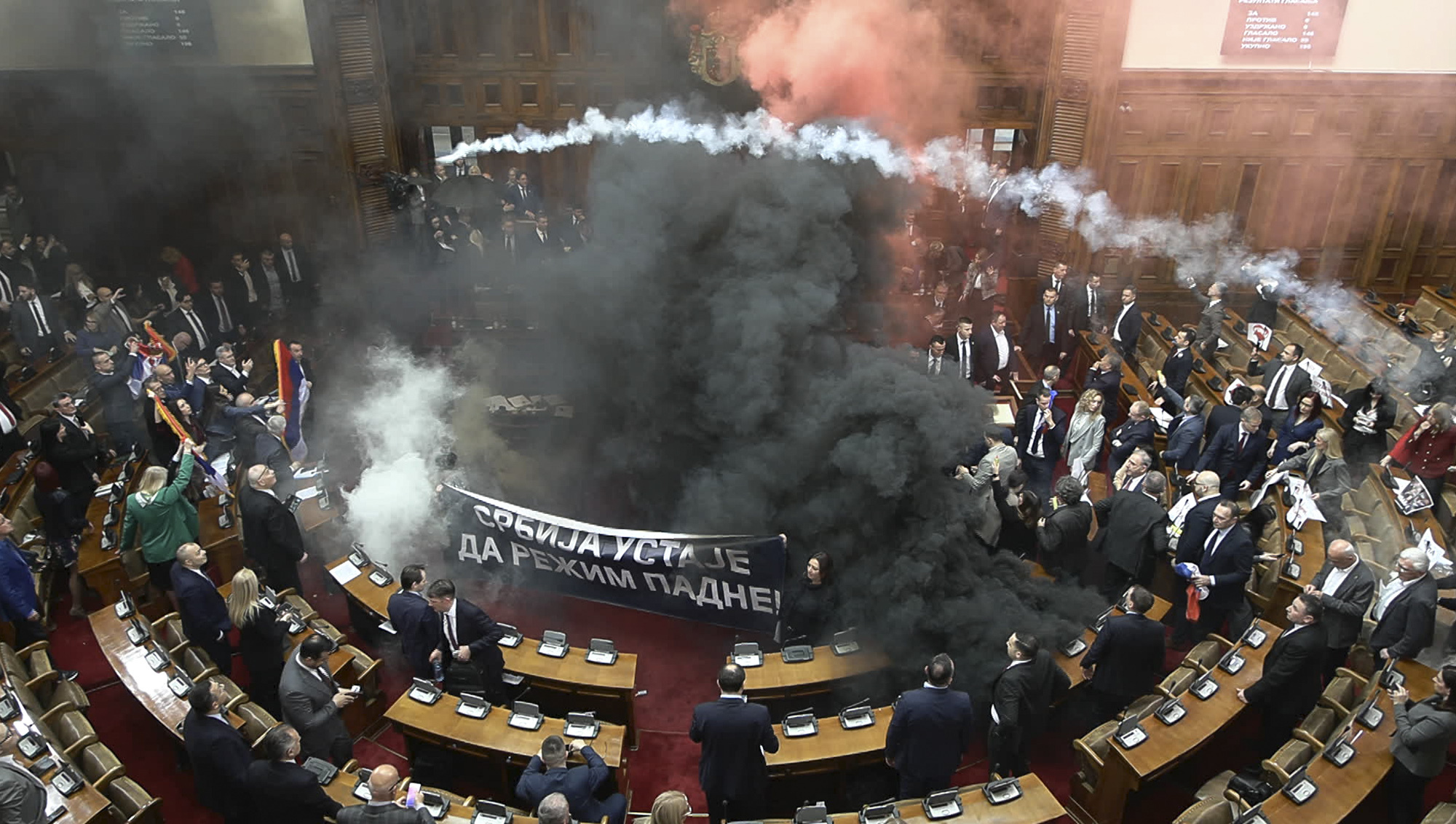 Why Serbian protesters set off smoke bombs in parliament
Why Serbian protesters set off smoke bombs in parliamentTHE EXPLAINER Ongoing anti-corruption protests erupted into full view this week as Serbian protesters threw the country's legislature into chaos
By Rafi Schwartz, The Week US Published
-
 Who is the Hat Man? 'Shadow people' and sleep paralysis
Who is the Hat Man? 'Shadow people' and sleep paralysisIn Depth 'Sleep demons' have plagued our dreams throughout the centuries, but the explanation could be medical
By The Week Staff Published
-
 Why Assad fell so fast
Why Assad fell so fastThe Explainer The newly liberated Syria is in an incredibly precarious position, but it's too soon to succumb to defeatist gloom
By The Week UK Published
-
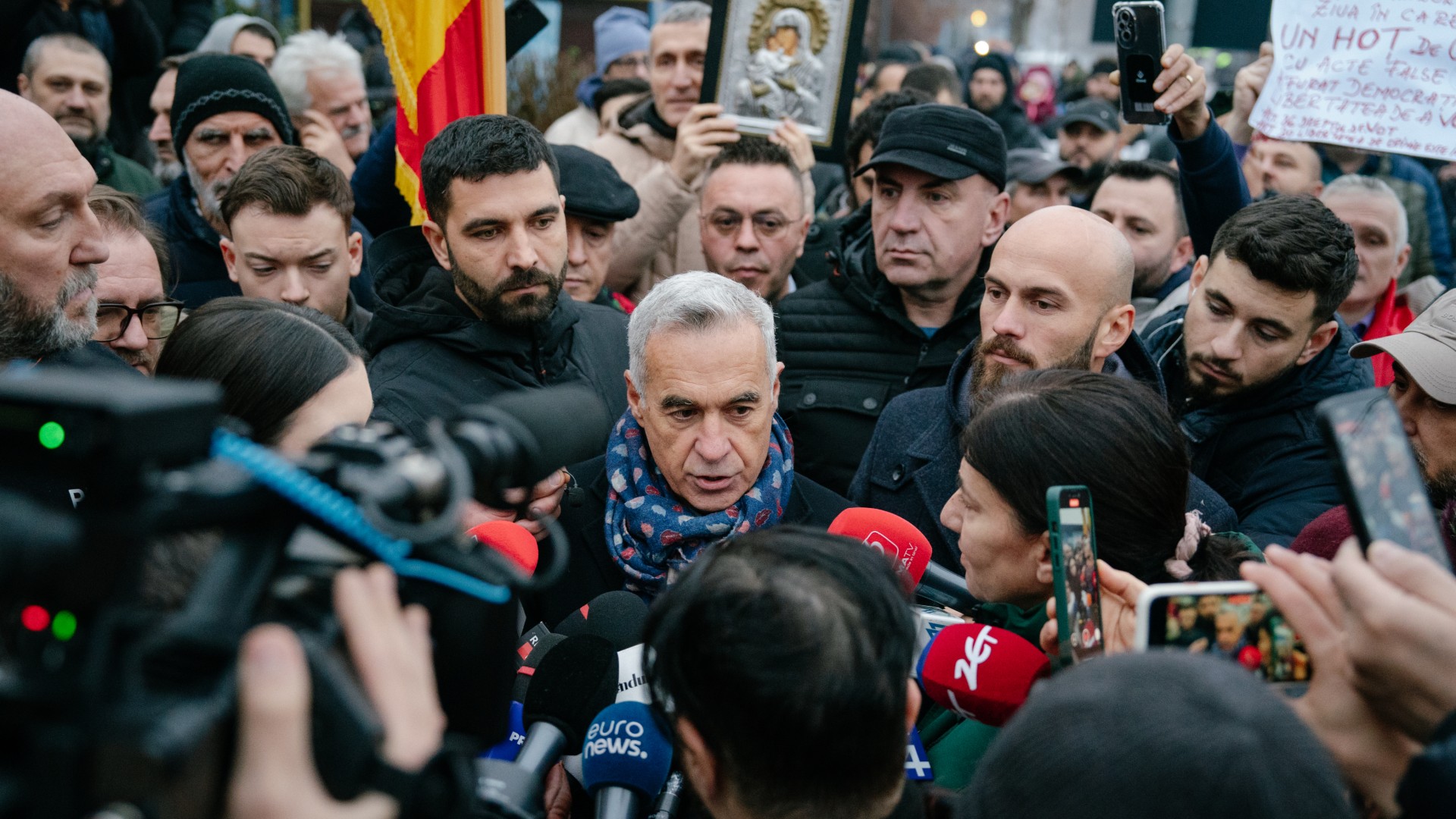 Romania's election rerun
Romania's election rerunThe Explainer Shock result of presidential election has been annulled following allegations of Russian interference
By Sorcha Bradley, The Week UK Published